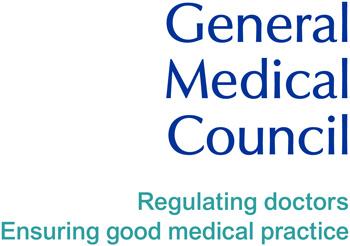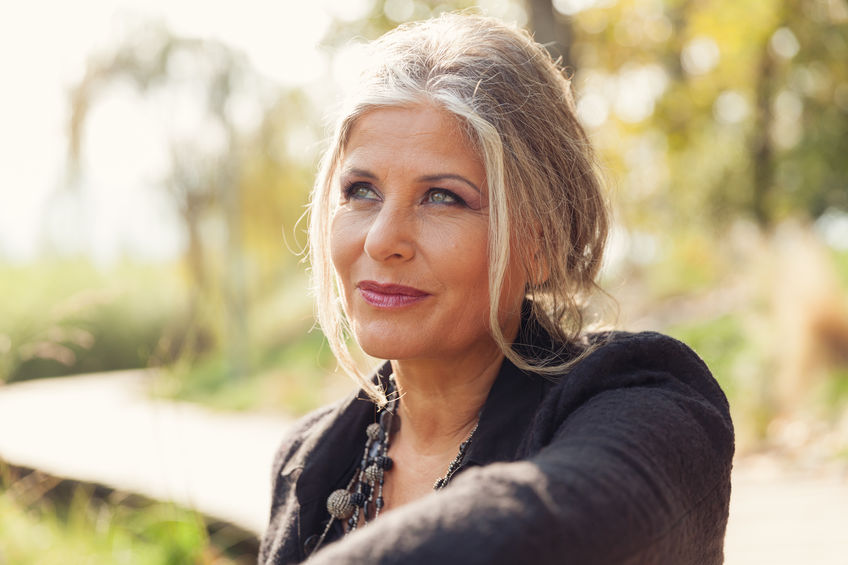Menopause Weight Gain
Tackle Menopause Weight Gain with The CJA Lifestyle Body Transformation Programme
Online Doctor Led Weight Loss Programme
Many women find they gain weight as they enter menopause, and we know it can feel frustrating and depressing, especially if you are relatively fit and already trying eat healthily.
Unfortunately, even if you carry on with your healthy lifestyle, you can still put on weight during menopause for hormonal and other reasons. The good news is, however, that you don’t need to just accept this and sit back as the number on the bathroom scales steadily creeps up. Take action now and you can regain your fit and healthy figure, and the team at CJA Lifestyle are here to help you do just that.
We are a doctor led body transformation programme and through a combination of nutrition, lifestyle and exercise advice, sometimes combined with weight loss injections, we can help you achieve the results you are looking for.
Why do we gain weight during menopause?
There’s no single factor that causes us to put on belly fat as we enter mid-life. For women hitting menopause, hormonal changes are a key factor, and the way they affect fat storage in the body.
Hormonal changes & weight gain
As women move into perimenopause (i.e. the run up to menopause), oestrogen production by the ovaries starts to fluctuate and gradually decline. The body still requires a certain amount of oestrogen, so the adrenal glands take over the process and release a small amount to keep the body going. However, the adrenal glands also produce our stress hormones, cortisol and adrenaline, which means that if you are very stressed, they are far too busy producing these, to have time for the oestrogen too. If this is the case, the body moves on to another plan, which encourages the storage of fat around your stomach area. Fat cells in this area are able to store oestrogen, so the body effectively sets up a fat storage system to hold onto any oestrogen found in the body.
After menopause, all the weight you gain gets stored around your middle, giving rise to the term middle aged spread. This also explains why many women find they change from being pear shaped to being apple shaped.
The role of stress in fat storage
Hormonal changes and life challenges during menopause can tend to increase stress levels, but this in turn can make it very difficult to lose that weight for the reasons outlined above. Becoming demoralised about our changing appearance, health anxieties, caring responsibilities and brain fog at work all come together to make this a very challenging phase in many women’s lives.
High levels of the stress hormone cortisol actually trigger the body to store fat, and also break down muscle instead of fat when exercising, making the problem worse.
Metabolic rate slow down in middle age
Over the age of about 40, our Basal Metabolic Rate (BMR) starts to slow down. Th is means that even if we eat exactly the same amount of calories as we did when we were younger, we will start to gain weight.
At the same time, we naturally start to lose muscle mass. Muscle cells burn calories even when you’re resting (whereas fat cells don’t), so the less muscle you have, the more likely you are to gain weight.
Many women find they exercise less during menopause because the symptoms they’re experiencing such as fatigue due to interrupted sleep, low body confidence, and a weakened pelvic floor may make them feel discouraged, just at the point when it’s important to keep exercise levels up!
The effect of diet and sleep on weight gain in menopause
Poor sleep is a common problem during menopause, as night sweats, anxiety and restlessness strike. Lack of sleep disrupts the hormones that govern appetite, making you more likely to overeat and snack the next day. Comfort eating can also tend to ramp up due to low mood, anxiety and tiredness.
May women also find that they can no longer tolerate alcohol in the way they used to. It is packed full of empty calories thus contributing to weight gain, and our bodies simply can’t process alcohol in the same way as we age because our livers shrink slightly. This means that hangovers get worse, and the sugar in the alcohol is quickly stored as fat.

How to control your weight during menopause
At CJA Lifestyle we can help you understand the factors that are causing your menopausal weight gain and help devise a personalised diet and exercise programme to help you overcome this.
As a general principle, it is important to ensure that you eat regularly, which will help to balance your hormone levels, moods and energy levels. Some people can manage to 3 meals a day but others my need to snack in between. We will work with you on this, but whatever your eating pattern, we advise cutting out sugary and processed foods and focus on eating slow release carbs and protein at each meal or snack.
As we age and our metabolism slows we require fewer calories, so it’s important to watch your portion sizes. We can advise you further on this at your consultation, we we suggest trying to use a slightly smaller plate for your main meals. Remember that doing an hour’s exercise class is not an excuse to eat a whole lot more!
Think about what you are eating and aim to include some healthy fats in your diet, which we need as we get older. Small portions of nuts, avocado, seeds, olive oil are recommended, as they contain good levels of mono and polyunsaturated fats, which, when eaten as part of a healthy diet, will speed up your metabolism, support brain and heart health, balance your hormones and keep your skin healthy. We can provide full nutritional advice and diet plans as part of the CJA Lifestyle Programme.
Make sure you have a healthy relationship with food! Starving yourself is not going to help – the right food is your friend, not your enemy! Focus on eating wholegrains, fresh fruit and vegetables, and lean proteins which are a perfect source of energy, balanced hormones, health and vitality.
Regular exercise is vital as we get older! It helps lower our stress hormones and boosts our metabolism, keeping our heart pumping, our brains clear, and keeps our muscles and bone density strong. Sign up for the CJA Lifestyle Body Transformation Plan and you will have the benefit of advice from personal trainer Jimmy Ray.
Drink plenty of water – 2 litres a day if possible. We can often think we’re hungry, when we’re actually just thirsty, so drink some water before you grab a snack, and you’ll probably find the craving goes.
Work on relaxation and prioritise sleep – don’t over cram your diary and make time for winding down before bed. Some people find meditation helpful. Book a consultation with Dr Lauren and we can devise a lifestyle programme which will work for you personally and optimise your weight loss.
Book a consultation to start your CJA Lifestyle Body Transformation journey
At CJA Lifestyle, we are a doctor led body transformation programme, which means we consider both the medical, psychological and physical aspects which are affecting your ability to lose weight at any stage of your life. From this, we can create a personalised programme to help you reach the weight you want to be. We offer both physical training and nutritional advice (and weight loss injections, when appropriate).
Our clinic is based in Southampton, but our services are all available online. If you are struggling with menopausal weight gain, book a consultation with us online now by clicking here.
Transform your life with CJA Lifestyle today!


